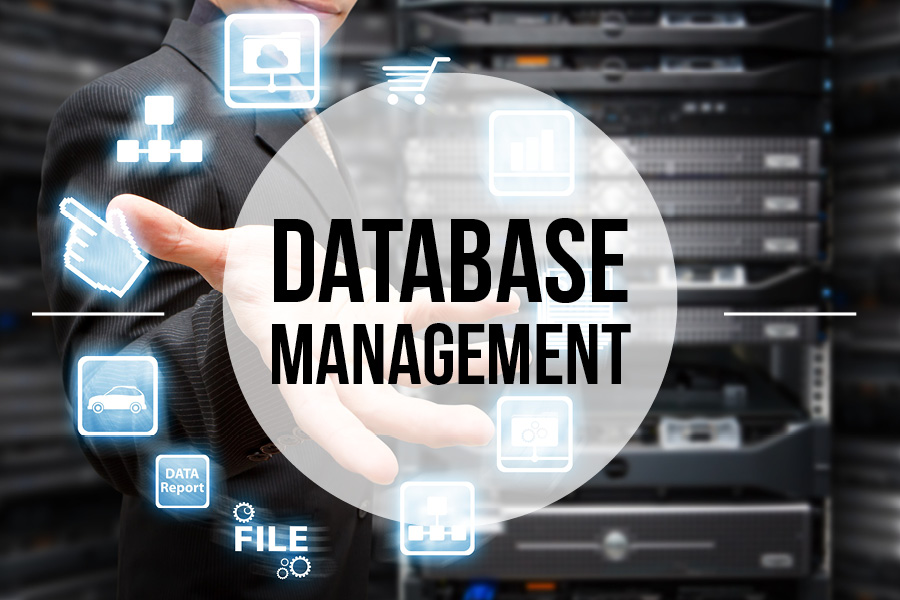
BCS4B05 – Database Management System and RDBMS
Contact Hours per Week: 7 (3T + 4L)
Number of Credits: 3
Number of Contact Hours: 112 Hrs.
Course Evaluation: Internal – 15 Marks + External – 60 Marks
Objective
• To learn the basic principles of database and database design
• To learn the basics of RDBMS
• To learn the concepts of database manipulation SQL
• To study PL/SQL language
By the end of the course, students will be able to:
-
Understand Database Concepts: Grasp the fundamental principles of databases, including their structure, function, and importance in modern applications.
-
Design Databases: Develop and design a well-structured database using principles of database design and normalization.
-
Implement RDBMS: Demonstrate a solid understanding of Relational Database Management Systems (RDBMS) and how they are used to manage data efficiently.
-
Manipulate Data with SQL: Apply SQL for database manipulation, including querying, updating, and managing databases.
-
Employ PL/SQL: Utilize PL/SQL to create and manage complex database applications with stored procedures, functions, and triggers.
-
Analyze and Optimize Queries: Analyze query performance and optimize SQL queries for better efficiency.
-
Secure Databases: Understand and implement basic database security measures to protect data from unauthorized access and breaches.
-
Troubleshoot Database Issues: Identify, analyze, and resolve common database-related issues.
-
Collaborate on Database Projects: Work effectively in teams to design, implement, and manage databases as part of larger software development projects.
- Teacher: Priyanka K.P

